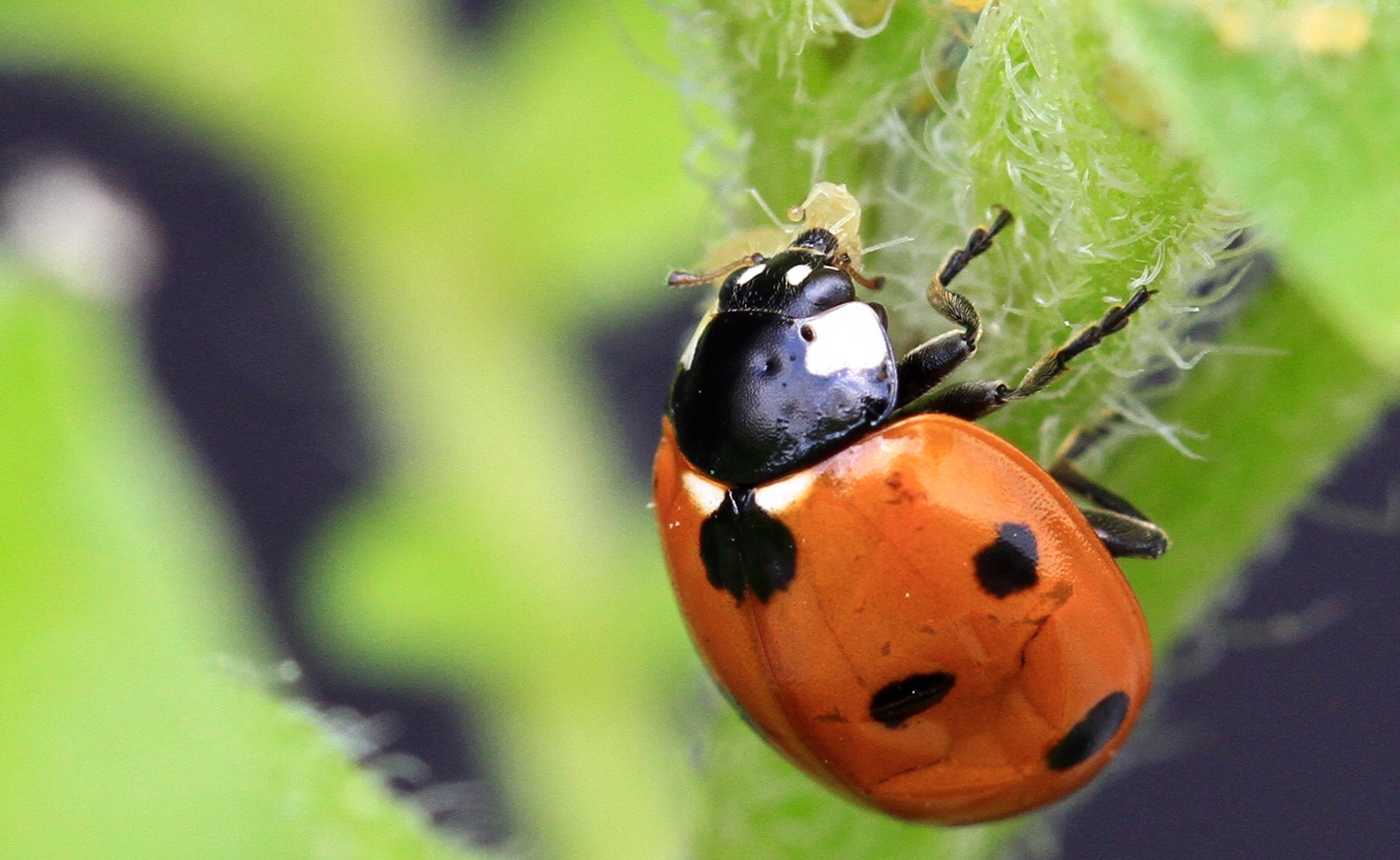
Natural ecosystems don’t always help control pests
Many previous studies have demonstrated how the conservation of habitats can benefit farmers by helping to control pests. But now, a research team led by the University of California Davis has found that natural ecosystems surrounding agricultural fields are not always an effective pest-control tool.
Study lead author Daniel Karp is an assistant professor in the UC Davis Department of Wildlife, Fish and Conservation Biology.
“There’s a widespread assumption among ecologists that when you have more natural habitat around farm fields you get more enemies of the crop pests, and that these enemies will control the pests and provide a benefit to growers,” said Karp.
Karp collaborated with Rebecca Chaplin-Kramer of the Natural Capital Project at Stanford University to investigate. The experts organized an international team of ecologists, economists, and practitioners at the National Socio-Environmental Synthesis Center.
The interdisciplinary study has produced the largest pest-control dataset of its kind, involving 132 studies from more than 6,700 sites in 31 countries worldwide.
The study revealed that the efficiency and success of this system is highly variable across the globe. While the researchers found a lot of evidence that natural habitat does help farmers control pests, there was just as much evidence to the contrary that showed negative impacts on crop yields.
The findings indicate that there is no universal approach for farmers when it comes to natural habitat and pests.
“This paper isn’t telling farmers to clear habitat by any means,” said Karp. “There may be a lot of other benefits from natural habitat, such as pollination or carbon sequestration. But we need to be forthright about knowing when habitat conservation will be advantageous in terms of pests and when other means of pest control are needed.”
Karp’s team, which consists of 153 co-authors, has made the pest-control database publicly available, which will lead to further scientific insights. Karp hopes the database will grow over time and lead to the development of accurate predictive models.
The study is published in the journal PNAS.
—
By Chrissy Sexton, Earth.com Staff Writer
Image Credit: Matthias Tschumi












